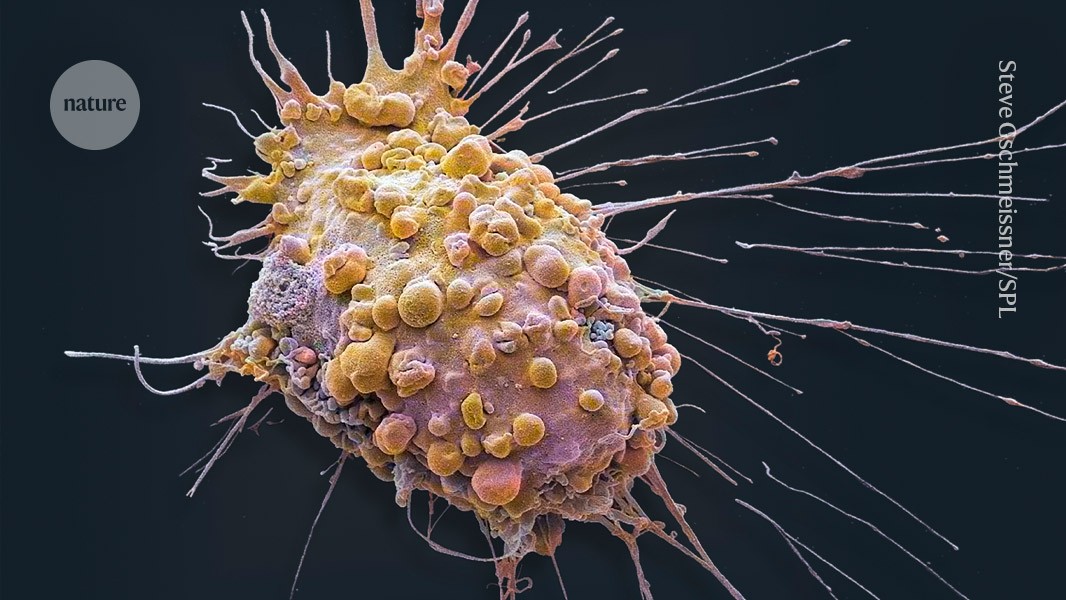
"Our goal is to create computational tools so that cell biology goes from being 90% experimental and 10% computational to the other way around."
"It's going to be a very powerful tool for understanding what goes wrong in disease, as scientists will primarily use experiments to validate predictions made by virtual cells."
"This is a gigantic task, and what is needed now is to have the first pioneering projects that show this can, in principle, work."
"It's primarily being used as a rallying cry and a funding mechanism, and it's working."
Stephen Quake of the Chan Zuckerberg Initiative envisions a future where computational tools reduce experimental biology reliance. His goal is a shift from 90% experimental work to instead become 90% computational, enabling faster insights into biological processes. Initiatives like virtual cells could revolutionize drug response predictions, significantly enhancing disease understanding. However, while early efforts attract global interest, skepticism exists regarding the pace and results of these projects, with some warning against the hype surrounding virtual cells absent concrete outcomes.
#virtual-cells #computational-biology #artificial-intelligence #disease-research #scientific-innovation
Read at Nature
Unable to calculate read time
Collection
[
|
...
]